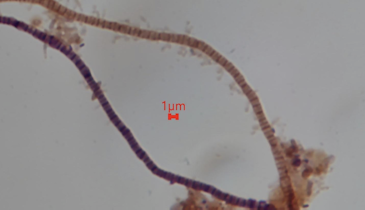"Now some people say that you shouldn’t tempt fate, and for them, I cannot disagree.
But I never learned nothin’ from playin’ it safe. I say fate should not tempt me.”
Mary Chapin Carpenter
I just got back from a short vacation that included a concert by Mary Chapin...




